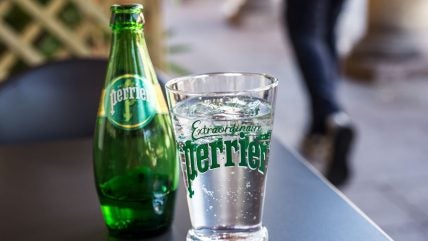
The French Senate suspects an executive at Nestlé’s domestic water business of perjury during its inquiry hearing into the company’s bottled water production.
The Senate has referred the "false testimony" to the Paris prosecutor.

The French Senate suspects an executive at Nestlé’s domestic water business of perjury during its inquiry hearing into the company’s bottled water production.